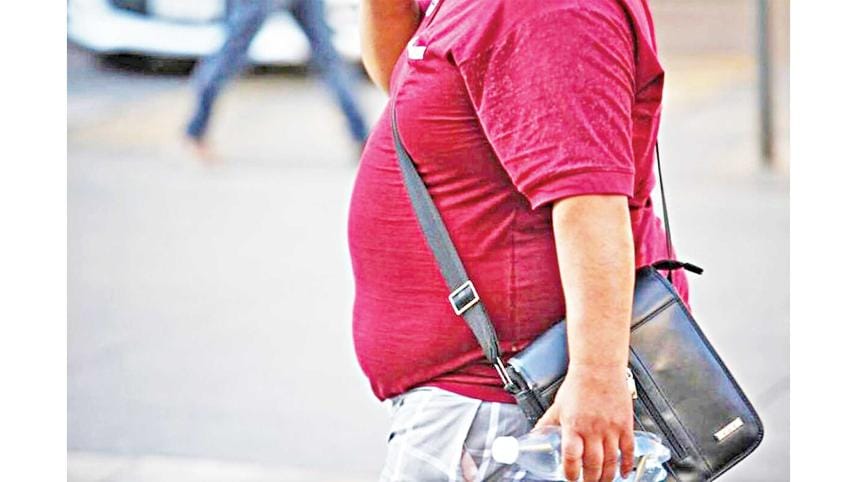High BMI linked to death, and longer ICU stay in COVID patients

In patients with COVID-19, a high body mass index (BMI) is associated with an increased risk of death and prolonged intensive care unit (ICU) stay, according to a new study published recently in the open-access journal PLOS ONE by the University of Gothenburg, Sweden, and colleagues.
Previous studies have shown that a high BMI is a risk factor for severe COVID-19. Besides, obesity increases the risk of comorbidities such as type 2 diabetes and hypertension. Also, it has been shown to increase the need for mechanical ventilation associated with other respiratory infectious diseases such as influenza and pneumonia.
Data from the Swedish Intensive Care Registry, a national quality registry covering all ICUs in Sweden, were used to analyse the new study's findings. Each patient was over 18 and had current weight and height data available. The study included patients admitted to ICUs between March 6 and August 30, 2020, who tested positive for SARS-CoV-2 or COVID-19.
78.3% of the study cohort was overweight or obese. Increasing BMI was associated with a higher composite outcome of death in intensive care or a 14-day ICU stay in survivors. A BMI of 35 kg/m2 or more doubled the risk of death or a prolonged ICU stay, adjusted for age and sex. The association persisted even after correcting for cardiovascular disease, hypertension, diabetes, liver or renal disease, and severity of illness after ICU admission.



 For all latest news, follow The Daily Star's Google News channel.
For all latest news, follow The Daily Star's Google News channel.
Comments